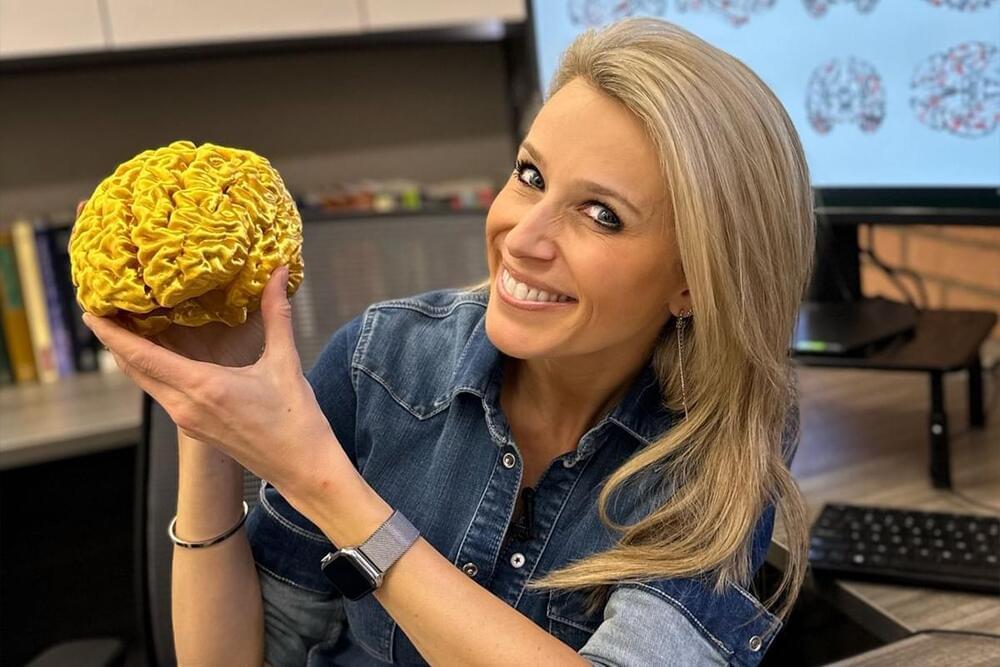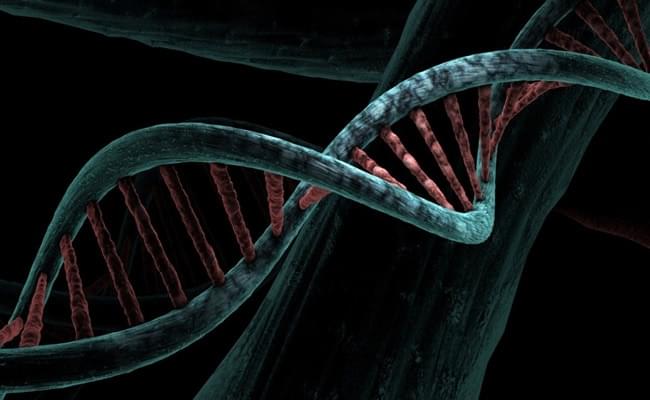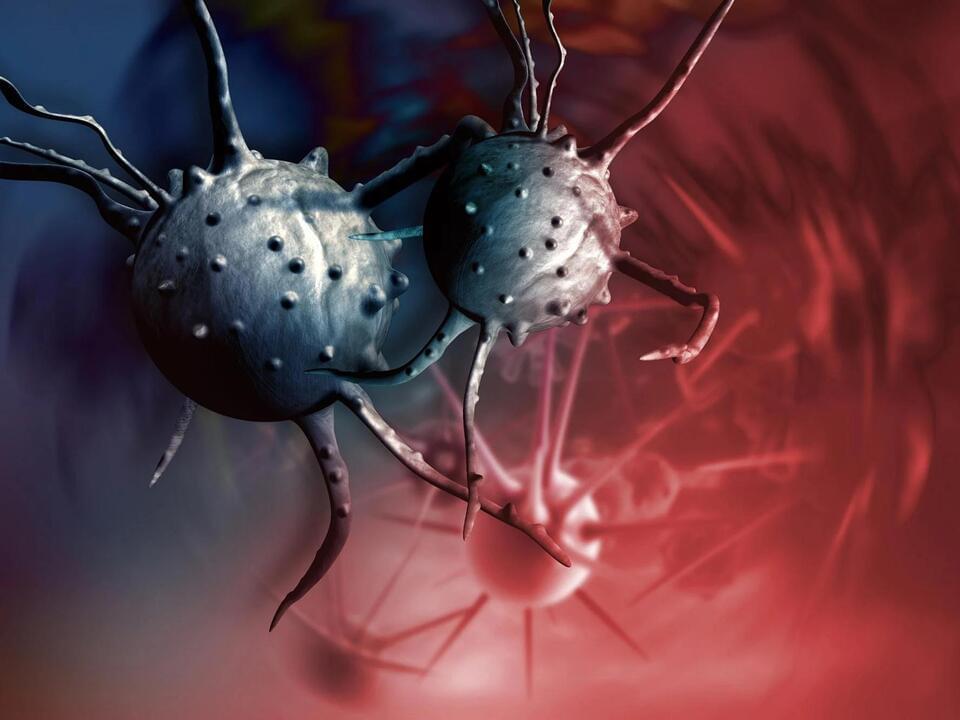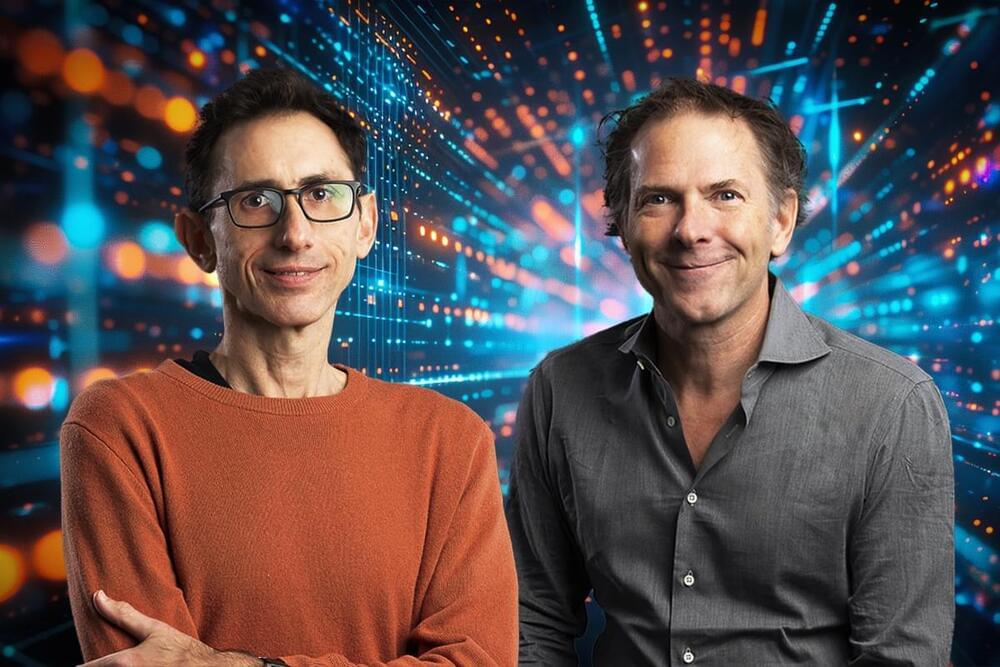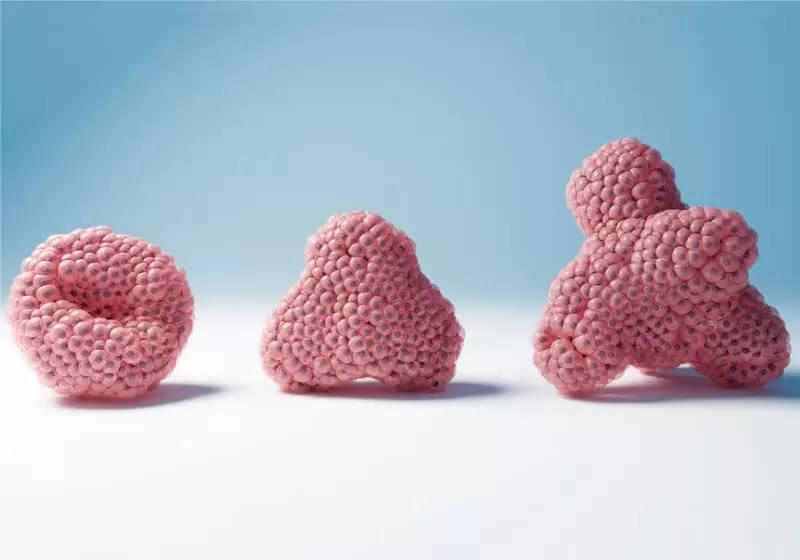I disagree with you Dan Breeden. In my openion AI WILL A BETTER FUTURE FOR HUMAN CIVILIZATION.
Doctors and engineers from Massachusetts General Hospital and MIT are trying to revolutionize cancer detection through an artificial intelligence program called Sybil. Their study found that Sybil could accurately predict whether a person will develop lung cancer in the next year up to 94 percent of the time. NBC News’ Dr. John Torres reports.
» Subscribe to NBC News: http://nbcnews.to/SubscribeToNBC
» Watch more NBC video: http://bit.ly/MoreNBCNews.
NBC News Digital is a collection of innovative and powerful news brands that deliver compelling, diverse and engaging news stories. NBC News Digital features NBCNews.com, MSNBC.com, TODAY.com, Nightly News, Meet the Press, Dateline, and the existing apps and digital extensions of these respective properties. We deliver the best in breaking news, live video coverage, original journalism and segments from your favorite NBC News Shows.
Connect with NBC News Online!

